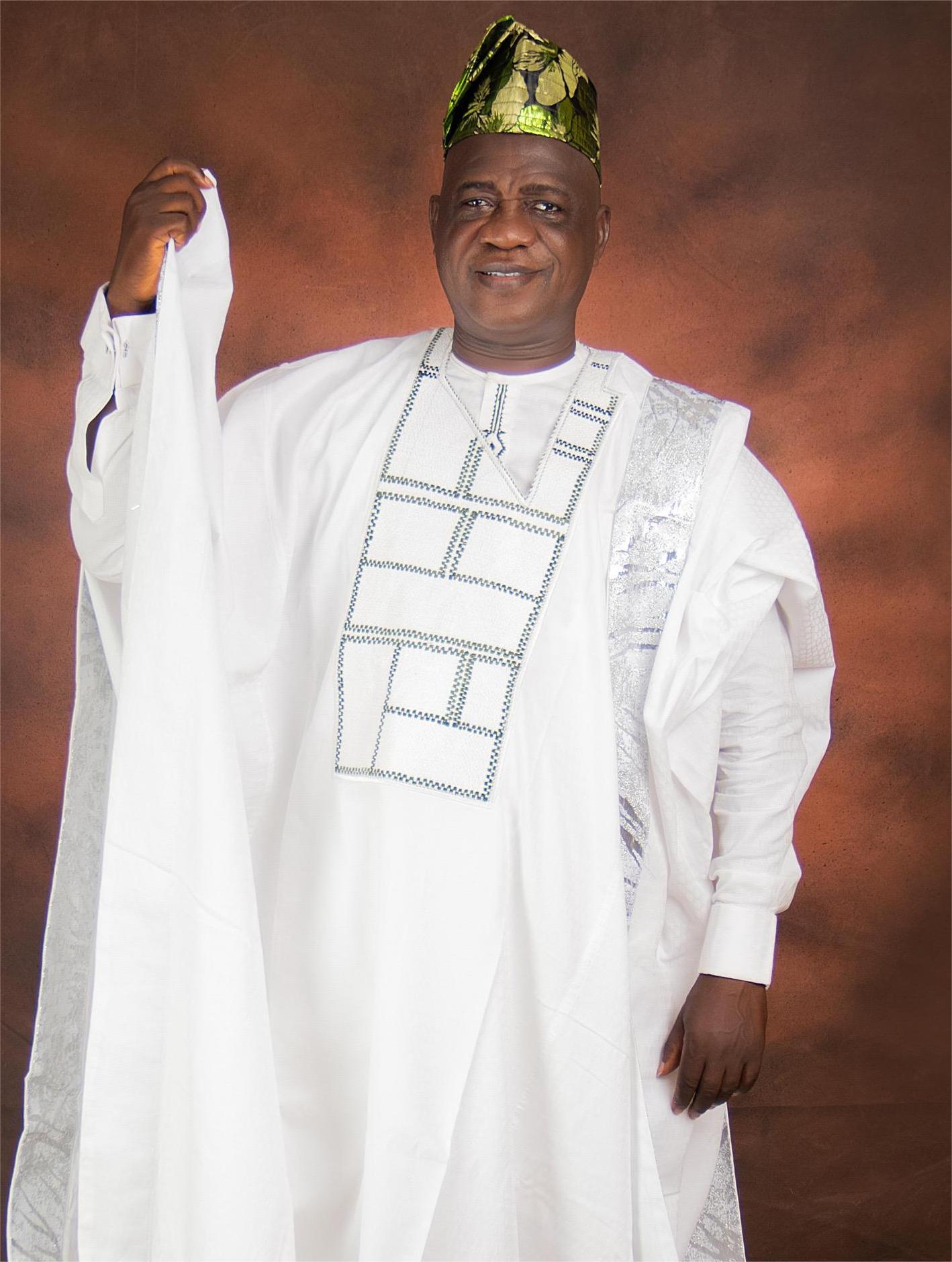
Muyiwa Adeyemi, that other brother of mine at 60, by Bolaji Tunji
It is not always that easy when you are called upon to speak about someone close to you, someone that has transited from being a friend to being a brother. The problem stems from where to begin the narration of a friendship that has spanned over three decades. Like it has always been said, just begin, start from somewhere.
I met Muyiwa in The Guardian newspaper in early 1992. That was the time that The Guardian proudly bore the title of the flagship of the Nigerian media. It was the place to work. I had finished my youth service a year earlier, I had been employed as a teacher and was at Mafoluku Grammar School, teaching English language. However, young men in those days had something against the Teaching profession and they longed for careers beyond teaching. Mine was the media having served in a radio station in Bauchi State during my NYSC year.
I am not sure of the circumstances that brought us together, apart from the fact that we met on the desk of Lagos Life, a publication in the stable of The Guardian, fashioned after the Lagos Weekend of the Daily Times. Muyiwa was writing on Pets and automobile while I was writing Health. The pages we produced then was, for Muyiwa, Autocracy and Petline or so while mine was Mother and Child. Later, as our career blossomed in The Guardian we both co -wrote the Entertainment pages. Apart from that, our major forte in Lagos Life was in writing human interest stories. We wrote that and we excelled and became quite popular in The Guardian on account of the touching stories we wrote, even if I am the one saying that. A fact which later earned us commendation letters from The Guardian management and a cash reward of N2000. It was a lot of money in those days being more than half of our salary. It was a treasured commendation as the Guardian never believed in commendation because of the notion that the reporter was just doing his job.
Our reporting the entertainment beat brought us together and deepened our friendship as we had to do a lot of night crawling, moving from one-night club or show to another in order to gather material for our pages.
However, while we were doing these in Lagos Life, we were ‘unstaffed’ members of The Guardian. The Guardian had a policy then of putting every potential employee on probation or test candidate as it was then popularly known. We had other young people on the Lagos Life desk in similar positions, handling different sections of the publication. We were only collecting transport allowance or transport claims as popularly called by the reporters, every week for our trouble. You are not entitled to any welfare package, no medical allowance, no insurance, except the weekly transport claims. Some had spent more than six months and most spent over a year. We all therefore resolved to protest what we considered an injustice. Our case was strengthened by the fact that without our contribution, the paper would not come out. We literally held the paper together. Our protest took us to the office of the then highly revered Managing Director, Mr Lade Bonuola, Ladbone as readers of his newspaper column knew him, the Director of Publication, Mr Femi Kusa. They were like demigods in The Guardian, they had made their bones in Daily Times before joining the flagship. They and others created the golden era of The Guardian. The Guardian was the number one newspaper in the country and it was always a pride being called The Guardian reporter.
The aftermath of our protest was that the management had no choice than to confirm or regularize our employment, Muyiwa’s letter was dated February 1992 while mine was March 1993. He had joined The Guardian before I did.
Our relationship blossomed and we were joined by another young and rising star at the time, Abayomi Ogundeyi, who incidentally hailed from Ogbomosho as myself. He was on the desk of The African Guardian magazine, another publication in the organisation’s stable.
As young journalists, we were fearless and there was no story we feared to explore or investigate. I recall a particular report that has to do with fraud in Ikoyi club. The outline came from the editorial leadership of the newspaper and they called on their star reporters to investigate. The responsibility fell on myself and Muyiwa including a photographer , Ray Onwuelegbulem one of The Guardian’s best photojournalist and who has since made the United States of America his permanent abode. It was one of our toughest assignments as young journalists because the club was not going to wash its dirty linen in public,or for that matter on the pages of newspaper. Security was tight at Ikoyi club that evening, you have to be a member before you could be admitted into the inner sanctorum. Through subterfuge, we got the document which was only given to attendees. We ran to the office with the document, did our report and it was a front page lead story. Of course, Ikoyi club denied anything like that and wanted to make trouble for the reporters that wrote the report and The Guardian. When they were confronted with the evidence as compiled by one of the club’s exco member, they had no choice than to drop a battle they knew they could not win.
In 1994, The Guardian was prescribed for a year by the military administration of late Gen Sani Abacha on account of the front line role of The Guardian in the agitation for the restoration of the June 12, 1993 election believed to have been won by late businessman , Chief M.K.O Abiola. We all became job orphans. The Guardian continued to pay 50 percent of the salary while the prescription lasted, though selectively, of which I was a beneficiary.
With the death of Abacha, the proscription was lifted and we all returned to The Guardian. However, it was only the main title, The Guardian that was published. All the other titles were rested, thus we were posted to the weekend title, The Guardian on Saturday. In spite of the one year of joblessness, our friendship continued, surviving by our wits. We both enrolled in the University of Lagos for postgraduate degrees. Muyiwa studied Industrial Relations and Personnel Management, I went for Post Graduate Diploma in Mass Communications on account of studying a different course at the undergraduate level.
As reporters on the weekend publication, it was not long before we established our presence with our human interest stories. It was also a turbulent period in Nigeria’s history. Though, General Abacha had died and Gen Abdulsalam Abubakar was the Head of State, the winner of the June 12, 1993 election was still incarcerated while plans were underway to free him. He however died in detention, a month after Gen Abacha died. This led to further crisis, with protests across the country. As young journalists, we were thrown into the cusp of the crisis, reporting the crisis.
This was a great moment for myself and Muyiwa, our report in The Guardian became a reference point in the country, on a daily basis. How were we able to achieve this? We had become friends, more like sons to late Dr Ore Falomo who was the personal physician to the MKO Abiola. Through him, we had more exclusives about what was going on. There was no social media. Newspaper was the major source of news and the Nigerian public lapped up the news as we were dishing it out. We knew who were going to do the autopsy on Chief Abiola, where they were coming from and when they would arise. We were also the only reporter that went to the hospital on Lagos Island where the autopsy was carried. We were at the front line of reporting the crisis. This was what earned us The Guardian commendation letter. Our reportage brought BBC for an exclusive interview with Muyiwa. The money they paid for the interview, we ‘chopped it’, together, though Muyiwa took the lion share. Our friendship was deep and it was also built on healthy rivalry. We competed to do investigative reports. In the Guardian , they thought we were twins, when anyone is looking for Muyiwa, they would direct the person to me and if it was a visitor for me, they directed such person to Muyiwa. Where there was one, there would be the other. Those who were in The Guardian at the time would attest to this.
I could go on and on about our escapades, as reporters and as young guys, but that is a story for another day.
Muyiwa inspired me and all our friends. He was a lot more matured in actions and ways of life. He was responsible and was always the one to point us on the way to save the little money we got in the course of travelling across the country to report. We were three, himself, myself and Abayomi Ogundeji of blessed memory. He was the first to buy a car, a Daewoo before any of us. He was also the first to pack to his house. He was a figure of inspiration and as he steps into the sixth floor today, I pray for many more years of togetherness in good health. And a last word on this; I hope this puts to rest the question of who is older. Muyiwa knows what I am saying. Happy birthday, my paddy for life.
Bolaji Tunji, former Editor, The Nation (Saturday) and pioneer MD, Daily Telegraph is the SA (Media) to Minister of Power, Mr Adebayo Adelabu.
Share your story or advertise with us: Whatsapp: +2348033202396 Email: sentinelnewsng@gmail.com



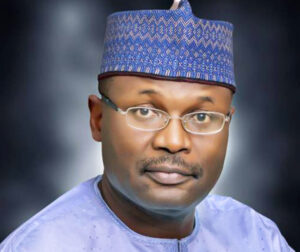
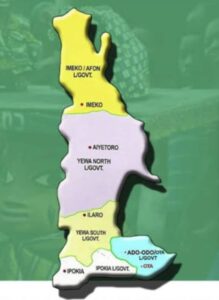



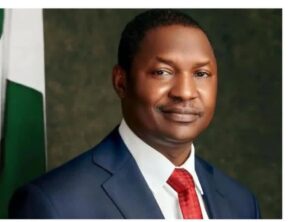

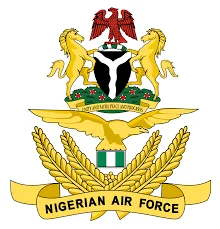
love this!